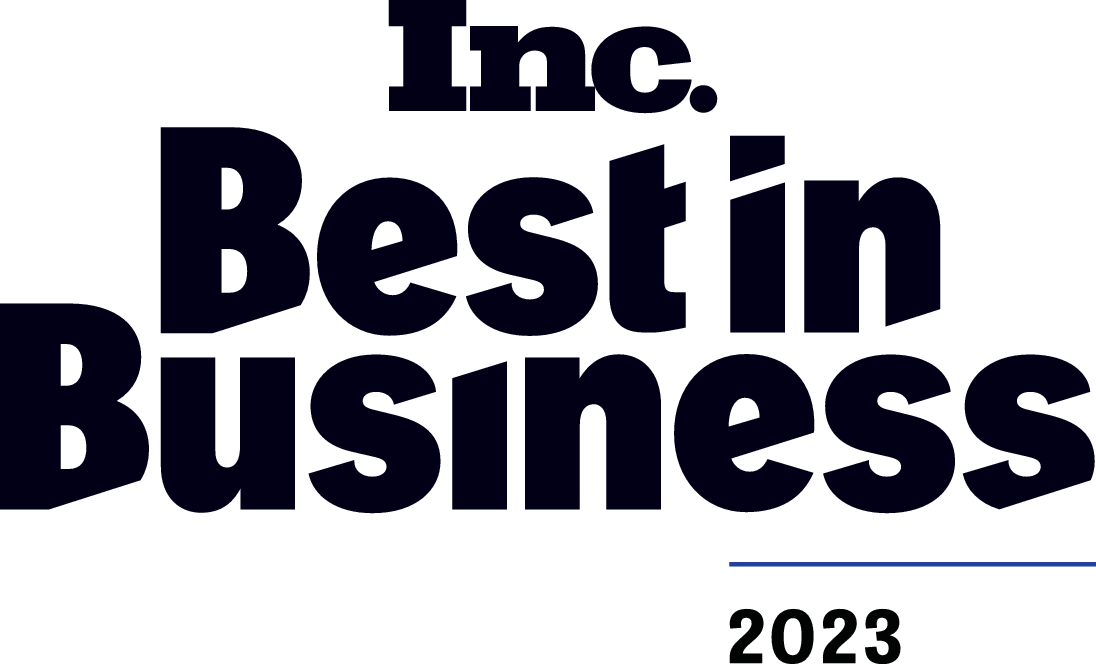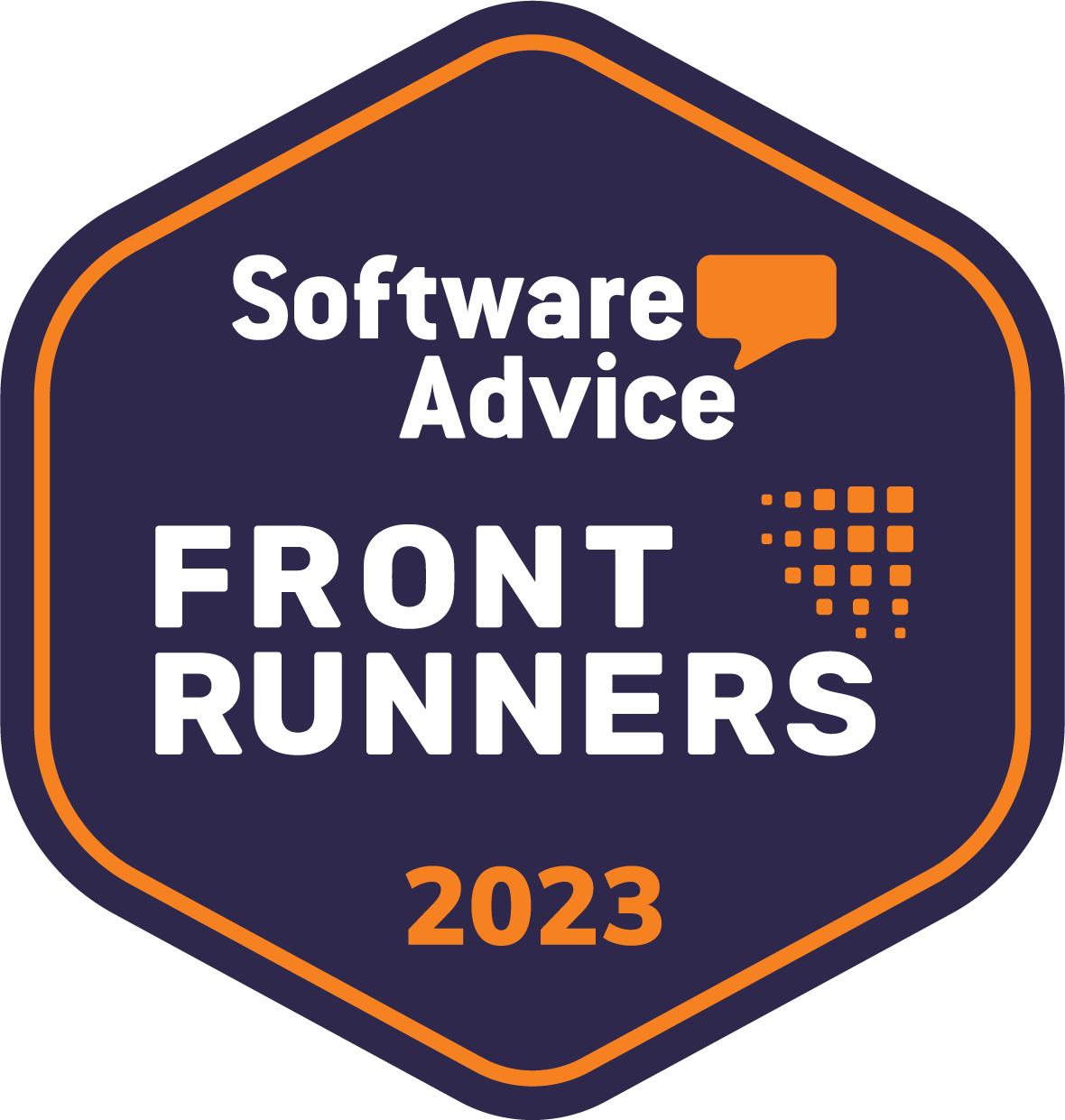Data collected by the American Hospital Association shows a total of 5534 registered hospitals incurring approximately $991 billion in expenses. At present, medical institutions are facing an increased inflow of patients due to a sharp rise in the number of people suffering from long-term illnesses.
Without a robust management program to manage the scores of devices and machines, hospitals are unlikely to efficiently deal with this influx. Such circumstances put pressure on the healthcare sector and give rise to a number of challenges:
- Financial incompetence: Apart from securing adequate funds for equipment, a large number of hospitals also struggle to provide Medicaid reimbursement. Bad debt and increasing costs of staff and supplies put a huge strain on the majority of healthcare centers as well.
- Government mandates: Like every other industry, the medical industry also goes through a lot of changing government regulations. Compliance is absolutely necessary, without which hospitals will not be allowed to operate.
- Access to technology: The coming years are expected to see much more automation in daily tasks for hospitals. The inability of the staff to keep up with this trend is likely to have negative consequences for the quality of care provided.
- Patient safety and care quality: By deploying the best available services, hospitals should be able to maintain the quality and standard of healthcare provided. It is critical that the environment should be safe from medical hazards at all times.

These were some of the hurdles listed down by various hospital CEOs in a survey by the American College of Healthcare Executives. The table below shows the percentage of the medical community facing these challenges between 2015 to 2017.
A number of asset tracking solutions have been endorsed by hospitals to boost performance, save money and improve the quality of care provided.
Read more: How A Hospital Tracking System Helps You Stick To Your Healthcare Budgets
RFID technology is becoming quite popular for running daily operations to optimize resource allocation. Here are the seven most common procedures medical centers carry out using RFID hospital asset tracking solution:
1. Tracking medicine and pharmaceuticals for authentication
Hospitals have an endless supply of medicines that need to be manually counted and entered into the database. Such activities take up a lot of time and have a high chance of human error in documentation.
The use of RFID tags can streamline this process by enabling staff members to automate inventory counts. Labels on hospital drugs can be read by handheld scanners to immediately update supply accounts.
In addition to this, one of the biggest concerns for healthcare institutions is the authentication of the drugs used. Due to the high rate of counterfeit medication being produced, hospitals have to be extra cautious regarding this. Use RFID tags to check medicine authenticity!
2. Recording patient data to improve accuracy
Patient history tracking is vital for providing diligent healthcare. This data enables doctors to create prescription lists and to provide the required care. For this purpose, hospitals can use RFID wristbands encrypted with patient data to trace past medical records.
Doing this comes in extremely handy when dealing with patients who have been admitted for a long time. Critical details like allergies can be noted down and accessed through the RFID wristbands in emergency situations.
3. Scheduling sterilization for surgical tools
Most surgical equipment is used on a daily basis and needs to be sterilized quite often. Failure to do so can lead to the spread of bacteria and infection in patients as well as the hospital staff.
To set up a maintenance routine for all your medical tools, you need to develop a mechanism to streamline tool upkeep. This is where an RFID hospital asset tracking solution comes in. Once you decide to label all your tools with RFID tags, you will be able to track when repair sessions need to be scheduled.
You can also diligently update tool records with RFID tags attached to the equipment being sent in for sterilization. Specific labels allow you to follow through the individual care instructions as listed down by the manufacturer as well.
4. Managing procurement for inventory items
Hospital inventory comprises of long term goods and disposable goods. Both require different procurement strategies to be replenished on time. In order to cater to this, RFID hospital asset tracking techniques let you define inventory modules.
By using the labels on the back of your goods, you can set up a minimum threshold level to avoid facing shortages. Every time this limit is reached, automatic purchase orders will be created.
Even though RFID tags prove to be cost-effective for durable goods, disposable items present a different case. To monitor goods like gauze, gloves and plastic vials, RFID inlays can be used. These are peel-and-stick solutions that are easy on the budget but also reliable.
Read more: The Complete Guide to Hospital Inventory Management Best Practices
5. Keeping tabs on large hospital equipment

No means of tracking assets makes asset misplacement quite common in hospitals. This even includes large equipment like stretchers. If not dealt with in the right manner, replacement costs can put a huge burden on hospital finances.
Some assets are made to order and not readily available, which makes renewal more difficult. Deploying an RFID system is an easy way to keep track of such tools within the hospital premises. A real-time location system lets you allocate areas and helps supervise tagged equipment at all times.
6. Implementing security through user tags
Not all areas in a hospital are allowed to be accessed by staff and patients. Unauthorized personnel gaining entry into restricted areas can lead to a greater risk of asset loss or damage.
In order to prevent such malpractices, healthcare centers design security systems to check IDs. This ID is RFID-enabled and simply has to be swiped against door readers to enter. In this way, only selected doctors and staff workers can gain access to limited areas.
Such a system prevents patients from coming in contact with drugs and equipment which should not be used without supervision or authorization.
7. Checking out multiple tools for daily operations
Sometimes, organizations run workflows that require a similar set of tools for execution. Instead of wasting time checking out these similar tools repeatedly, staff members can create task-specific toolkits.
This is useful for doctors who deal with numerous patients suffering from the same ailment every day. RFID hospital asset tracking solutions allow you to take mass actions and check out multiple equipment at once.
Doing this not only cuts down on time but also lets you carry out all operations in an organized manner, especially in emergency cases at the hospital.
Efficient asset management made easy with RFID Hospital Asset Tracking Solution
RFID asset tracking allows hospitals to record accurate data about daily work operations. Such information can be analyzed to trend and benchmark your healthcare services.
Asset performance can be examined through maintenance and procurement cycles which let you trace the current consumption patterns. These can then be used to generate reports to forecast future demands as well.
When you have all these stats listed down, it will be easier to set and reach yearly goals and objectives. Such benchmarks allow you to raise overall hospital efficiency and productivity levels to gain higher revenues.
Access to reliable equipment data makes it possible for healthcare centers to meet government mandates and compliance regulations as well.
About EZOfficeInventory!
EZOfficeInventory is the leading RFID hospital asset tracking solution. It allows you to track, maintain and report on equipment from anywhere, at any time.







